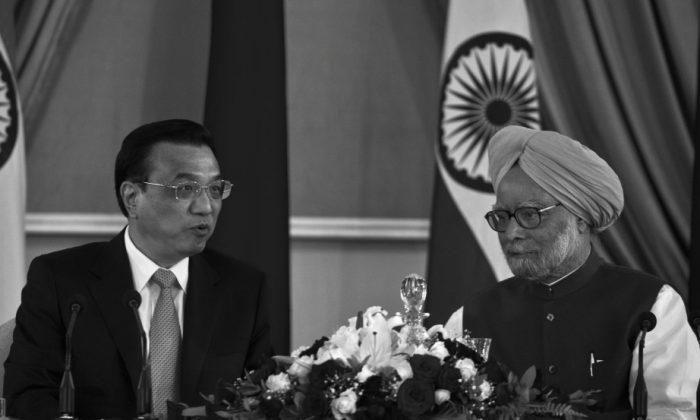The Chinese Ministry of Commerce announced on Monday it would impose provisional anti-dumping duties, in the form of cash deposits, on pyridine imported from India and Japan. The decision coincided with the beginning of the three-day long Indo-Japan summit held at Tokyo early this week.
According to the announcement, a preliminary investigation initiated in September last year determined that India and Japan are importing the chemical pyridine in China at below cost—“dumping” it in the China market. The Ministry of Commerce claims this has caused “material injury” to China’s indigenous pyridine industry. India is said to be the largest exporter of pyridine, an organic compound used in the production of pesticides, drugs, food additives, etc.
The step is considered to be retaliation for India’s anti-dumping investigation, launched in 2012, into Chinese solar energy products. The Chinese importers of pyridine from India and Japan are now required to pay deposits with China Customs department calculated as per the dumping margins.
The measure came at a time when India is seeking greater market access to China for exports and investments, in order to lower the increasing trade deficit that rose to $29 billion in 2012.
The Chinese regime’s decision to claim India is engaged in dumping is likely to influence Indian exports of pyridine.
India might discuss the trade in pyridine at the strategic economic dialogue to be held soon between the two countries.




